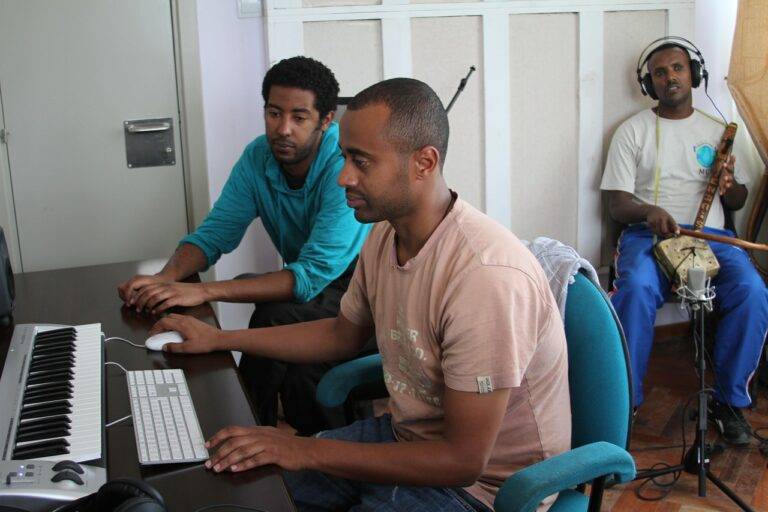The Future of Talent Shows and Reality TV
In recent years, the entertainment industry has witnessed a significant shift towards virtual auditions and competitions. With advancements in technology and the widespread use of video conferencing platforms, talent shows and casting directors have turned to virtual formats to discover new talent and streamline their selection processes. This transition to virtual auditions has not only expanded the reach of these events but has also made it more convenient for aspiring artists to showcase their skills from the comfort of their own homes.
Furthermore, the rise of virtual auditions and competitions has democratized the selection process, allowing individuals from diverse backgrounds and locations to participate without the constraints of geographical boundaries. This trend has provided a platform for a broader range of talent to be discovered and given opportunities to showcase their skills on a global scale. As virtual auditions continue to gain popularity, it is evident that this digital shift is reshaping the landscape of talent shows and competitions, opening up new possibilities for both contestants and audiences alike.
The Impact of Artificial Intelligence on Talent Show Selection Processes
In recent years, the integration of artificial intelligence (AI) in talent show selection processes has revolutionized the way contestants are chosen. AI algorithms are now being used to streamline and enhance the audition process, making it more efficient and accurate. By analyzing factors such as vocal range, pitch accuracy, stage presence, and even facial expressions, AI can provide valuable insights to judges, helping them make more informed decisions.
Moreover, AI has also been instrumental in democratizing the audition process by allowing contestants from diverse backgrounds and locations to participate in talent shows. Through online platforms and virtual auditions powered by AI, aspiring performers can showcase their talents remotely, eliminating the need for physical presence. This has opened up new opportunities for individuals who may not have had access to traditional audition venues, ultimately enriching the talent pool and bringing fresh perspectives to the entertainment industry.
The Evolution of Reality TV Formats and Genres
Reality TV has undergone a significant transformation over the years, with a plethora of new formats and genres captivating audiences worldwide. From talent shows to dating competitions, the genre has expanded to cater to a diverse range of interests and tastes. Viewers can now immerse themselves in a variety of storytelling techniques, character arcs, and dramatic twists that keep them hooked episode after episode.
The evolution of reality TV formats and genres has also been influenced by advancements in technology and social media. Producers now utilize interactive elements, live voting, and behind-the-scenes content to engage viewers in real time. This convergence of traditional television and digital platforms has created a dynamic viewing experience, blurring the lines between reality and entertainment. As the genre continues to evolve, we can expect even more innovation and creativity to shape the future of reality TV.
What are some of the most popular reality TV formats and genres that have evolved over the years?
Some popular reality TV formats and genres that have evolved include talent competitions, dating shows, game shows, docu-series, and social experiments.
How have virtual auditions and competitions changed the landscape of reality TV?
Virtual auditions and competitions have made it easier for contestants to participate from anywhere in the world, leading to a more diverse pool of talent and broader audience reach.
How has artificial intelligence impacted talent show selection processes?
Artificial intelligence has streamlined the talent show selection process by analyzing data to identify trends and patterns, helping producers make more informed decisions on contestant selection.
What are some of the key factors driving the evolution of reality TV formats and genres?
Key factors driving the evolution of reality TV formats and genres include advancements in technology, changing viewer preferences, and the need for fresh and innovative content to stand out in a competitive market.





